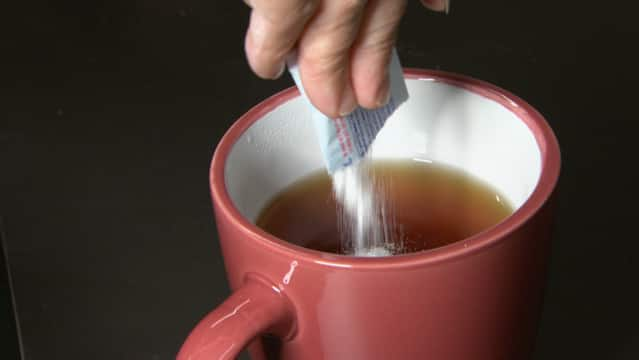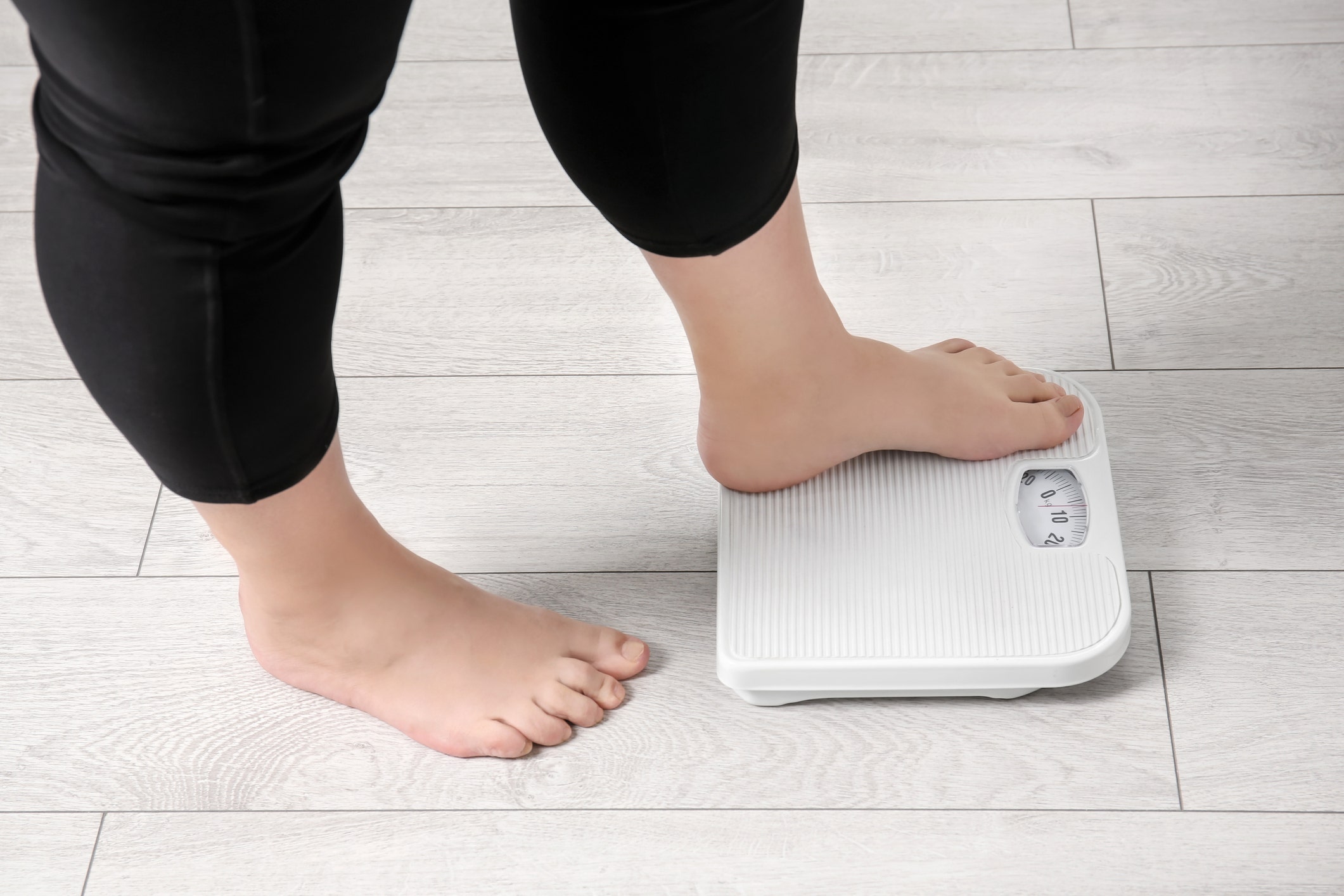WHO declares artificial sweetener aspartame as possible cancer risk, sources say

According to two sources with knowledge of the process, one of the world’s most common artificial sweeteners will be declared a possible carcinogen next month by a leading global health body.
Aspartame, used in products from Coca-Cola diet soda to Mars’ Extra gum and some Snapple drinks, will be listed for the first time as a “possibly carcinogenic to humans” by the International Agency for Research on Cancer (IARC) in July. the cancer research arm of the World Health Organization (WHO), the sources said.
The IARC ruling, finalized earlier this month after a meeting of the group’s outside experts, is designed to assess whether something is a potential threat, based on all the published evidence.
It does not take into account how much of a product a person can safely consume. This advice for individuals comes from a separate WHO expert panel on food additives, known as JECFA (the Joint WHO and Food and Agriculture Organization panel of experts on food additives), in addition to provisions from national regulators.
However, similar past IARC rulings for several substances have raised consumer concerns about their use, led to lawsuits, and pressured manufacturers to recreate recipes and switch to alternatives. That has led to criticism that IARC’s assessments can be confusing to the public.
JECFA, the WHO Committee on Additives, is also reviewing aspartame use this year. The meeting began in late June and is expected to announce its findings on the same day IARC announces its decision — July 14.
Since 1981, JECFA has said aspartame is safe to consume within accepted daily limits. For example, an adult who weighs 60 kg would have to drink between 12 and 36 cans of diet soda every day – depending on the amount of aspartame in the drink – to be at risk. Her position was widely shared by national regulators, including in the United States and Europe.
The dose4:06 PMIs it time to cut out artificial sweeteners?
A new, decade-long study published in the British Medical Journal suggests that artificial sweeteners like aspartame and sucralose may put us at greater risk of cardiovascular disease. This study joins many others with similar adverse findings. Leslie Beck, registered dietitian and columnist, explains the potential risks of the sugar substitutes.
An IARC spokesperson said the findings of both the IARC and JECFA committees were confidential until July, but added they were “complementary”, with the IARC’s conclusion “representing the first fundamental step towards understanding carcinogenicity “. The additives committee “conducts a risk assessment, which determines the likelihood of a specific type of damage (e.g., cancer) occurring under certain conditions and exposure levels.”
However, industry regulators fear that holding both processes at the same time could be confusing, according to letters from US and Japanese regulators Reuters perused.
“We kindly ask both agencies to coordinate their efforts in reviewing aspartame to avoid confusion or public concern,” Nozomi Tomita, an official of Japan’s Ministry of Health, Labor and Welfare, wrote in a letter from Japan. March 27 to WHO. Deputy Director General, Zsuzsanna Jakab.
The letter also called for the conclusions of both bodies to be released on the same day, as is happening now. The Japanese mission in Geneva, where the WHO is based, did not respond to a request for comment.
Debate on health effects
The rulings of the IARC can have a huge impact. In 2015, the commission concluded that glyphosate is “probably carcinogenic”. Years later, even when other bodies such as the European Food Safety Authority (EFSA) challenged this, companies were still feeling the effects of the decision. Germany’s Bayer lost its third appeal in 2021 against US court decisions awarding damages to customers who blamed their cancer for using their glyphosate-based weed killers.
IARC’s decisions were also criticized for raising unnecessary alarms about difficult-to-avoid substances or situations. It has four different levels of classification: carcinogenic, probable carcinogenic, possibly carcinogenic, and unclassifiable. The levels are based on the strength of the evidence, rather than how dangerous a substance is.
The first group includes substances from processed meat to asbestos, all of which have compelling evidence that they cause cancer, the IARC says.
Working at night and consuming red meat are in the “probable” class, meaning there is limited evidence that these substances or situations can cause cancer in humans and either better evidence showing they cause cancer in animals, or strong evidence that shows that they have similar characteristics to other human carcinogens.
The “radio frequency electromagnetic fields” associated with mobile phone use are “possibly carcinogenic.” Like aspartame, this means there is either limited evidence that they can cause cancer in humans, ample evidence in animals, or strong evidence about their characteristics.
The last group – “unclassifiable” – means that there is insufficient evidence.
A new review suggests that the benefits of sweeteners are hard to digest
“IARC is not a food safety body and their assessment of aspartame is not scientifically comprehensive and is heavily based on widely discredited research,” said Frances Hunt-Wood, secretary general of the International Sweeteners Association.
The body, of which Mars Wrigley, a Coca-Cola unit and Cargill are members, said it had “serious concerns about the IARC review, which could mislead consumers.”
International Council of Beverages Associations executive director Kate Loatman said public health authorities should be “deeply concerned” by the “leaked opinion”, also warning that it could “necessarily mislead consumers into consuming more sugar in instead of opting for safe no-no and low-sugar options.”
Aspartame has been studied extensively for many years. Last year, an observational study in France of 100,000 adults showed that people who consumed higher amounts of artificial sweeteners — including aspartame — had a slightly higher risk of cancer.
It followed a study by the Ramazzini Institute in Italy in the early 2000s that reported that some cancers in mice and rats were linked to aspartame.
However, the first study failed to prove that aspartame caused the increased cancer risk, and questions have been raised about the methodology of the second study, including by EFSA, which reviewed it.
Aspartame has been authorized for worldwide use by regulators who have reviewed all available evidence, and major food and beverage companies have spent decades defending their use of the ingredient. The IARC said it reviewed 1,300 studies in its June review.
Recent recipe tweaks by soft drink giant Pepsico demonstrate the industry’s struggles when it comes to balancing taste preferences with health concerns. Pepsico removed aspartame from soda in 2015, brought it back a year later, only to remove it again in 2020.
Listing aspartame as a possible carcinogen is intended to motivate more research, sources close to the IARC said, which will help agencies, consumers and manufacturers draw firmer conclusions.
But it is also likely to reignite debate about the role of IARC, as well as the safety of sweeteners in general.
Last month, the WHO published guidelines advising consumers not to use sugar-free sweeteners for weight management. The guidelines caused a stir in the food industry, which claims they could be helpful to consumers looking to reduce the amount of sugar in their diets.




